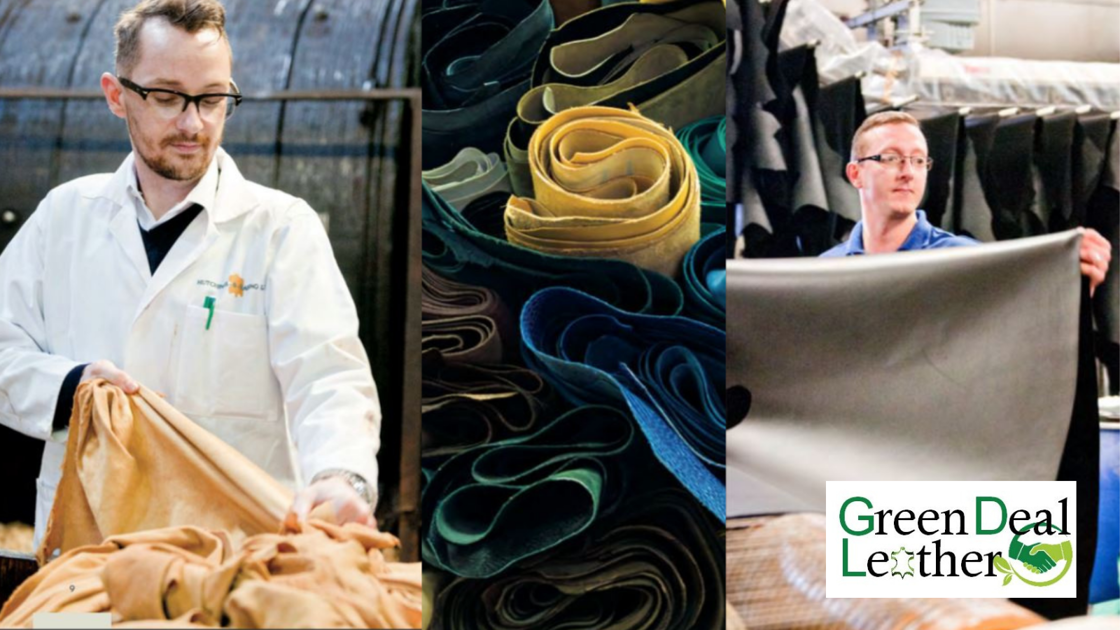Green Deal Leather, a two-year EU-funded project, aims to generate representative reference data at sector level on workplace safety and the carbon footprint of leather for the European tanning industry. The European social partners are united in working towards a tanning and leather sector that does not harm workers or the environment, and that produces high quality, sustainable leather, creating thousands of decent jobs across Europe.
European social partners from France, Germany, Hungary, Italy, Portugal and Spain met in Valencia at the Inpelsa tannery to discuss the preliminary results of the Workplace Accident Study. The study found a 16% decrease in reported workplace accidents (2021 vs. 2019), with most injuries affecting the upper limbs, specifically the hands, while most reported posture incidents involved the vertebral column (spine). Fortunately, the vast majority of reported accidents were classified as 'not serious', but the social partners agreed on the need to explore the issue further at the next in-person workshop in Milan in September.
Judith Kirton-Darling, Deputy General Secretary of industriAll European Trade Union, said:
"Although we welcome the reduction in accidents and injuries at work, there is still room for improvement. Good occupational health and safety practices in the workplace, with ongoing training and checks, are essential to keep tannery workers safe. Social dialogue is key, and trade unions and workers' representatives must be able to highlight any issues to management and know that they will be acted on swiftly. These preliminary results are a baseline and now we must work together to achieve zero accidents."
Following the meeting, the social partners visited the Inpelsa and Incusa tanneries to see good health and safety and energy efficiency measures in action. Lowering carbon emissions from leather processing is the second objective of the Green Deal Leather project, and the project steering committee was able to see clean technology in practice, from the use of solar panels to the recycling of used water.
Gustavo Gonzalez-Quijano, Secretary General of COTANCE, said:
"The current project analysis is just a starting point, a reference for future investments aimed at the continuous improvement of health and safety conditions by companies in the sector. The European leather sector is made up of responsible employers and we want to ensure that the European industry is the safest in the world, producing the best and most beautiful products from animal by-products that would otherwise be thrown away".
Green Deal Leather, an EU-funded social dialogue project, aims to generate representative reference data on workplace safety and the carbon footprint of leather at sector level for the European tanning industry. The project's goal of 'zero impact' may seem impossible, but this is the ambition of the European social partners, represented by ACEXPIEL (Spain), APIC (Portugal), FFTM (France), FVTBSL (Austria), MKSZ (Hungary), UNIC-Concerie Italiane (Italy) and VDL (Germany), and industriAll Europe. The European social partners hope that the project will pave the way to minimising both accidents and injuries in the workplace and the carbon footprint of leather.
